THE PROJECT
F A S T P L A N T S Project
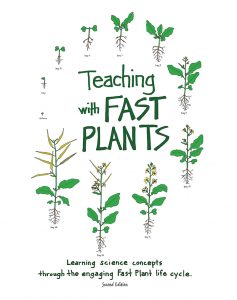
The registration is open
Project starts on september 2023, in MOODLE and FACEBOOK
Coordinator: Manoel Araujo Filho from Brazil
e-mail: maf.ead@gmail.com
http://www.kidlink.net/index.php/the-kidlink-project/fast-plants-project-2022/
The “F A S T P L A N T” project is always developed with fast-growing vegetables that allow experiments to study biology in parallel with scientific methodology and research: planning of experiments and development of scientific attitudes: observation, collection, analysis and interpretation of data and writing of reports with the conclusions.
Initial proposal
Observe the development of vegetables that will be planted the same day, in different locations, and promote the exchange of information resulting from these experiments. The students participate intensively in the project, from the planting of the vegetable, and with this, are stimulated to the careful observation of the development of all phases of these plants. This experiment leads students to understand aspects of plant physiology and genetics.
They sow the same type of plant (Brassica Rapa), with fast cycle and in their studies periodically record the results of plant height, number of nodes, height of the first node, number of buds, number of flowers, room temperature at each moment will compare their results with those of other students, even from different locations and climates, reinforce the awareness of the universality of scientific knowledge and the need for cooperative work.
To participate each group of students must have a KIT with seeds, a common sowing, and provide lighting for the experiment period.
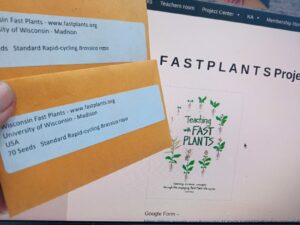
KITs with seeds can be purchased on the internet (amazon.com …) in advance enough so that everyone can start the same day, or make comparisons counting the days of planting … (1st day, 2nd day, etc.) We can send the seeds to some schools, but applications must be carried out with still during the month of October.
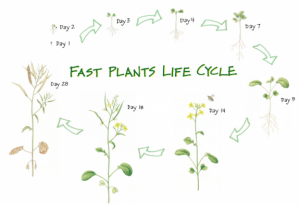
The Project Coordination will collect the data sent by the students periodically and start the comparisons and analyzes in tables, graphs and other means, through the environment for EAD, MOODLE used for this purpose.
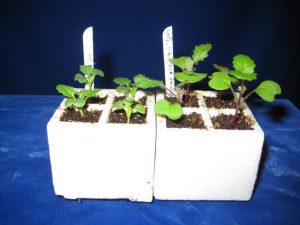
Some educational objectives of the project:
-Study and understand basic concepts of Biology
-to stimulate interest in the study of genetics
-encouraging collaborative work and problem solving, interpretation and comparison of results
-working using communication tools such as Social Networks, Environment for ODL, and methodologies such as Inverted Classroom, among others.
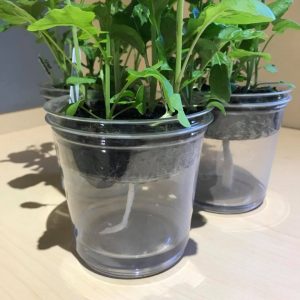
The ease with which Brassica Rapa can germinate and pollen, along with the large number of variants of interest, makes this type of plant particularly attractive to teachers and students. Teachers at all levels can thus help students learn more about plant biology through exploration by their own hands because of the rapid cycle they have.

Germinating in less than 12 hours and flowering in 2 weeks these seeds are very convenient to introduce students to many aspects of growth, germination and sowing in general. Buds appear in 48 hours, flower buds in 7 or 8 days, and flowers begin to open in 12 or 13 days.
